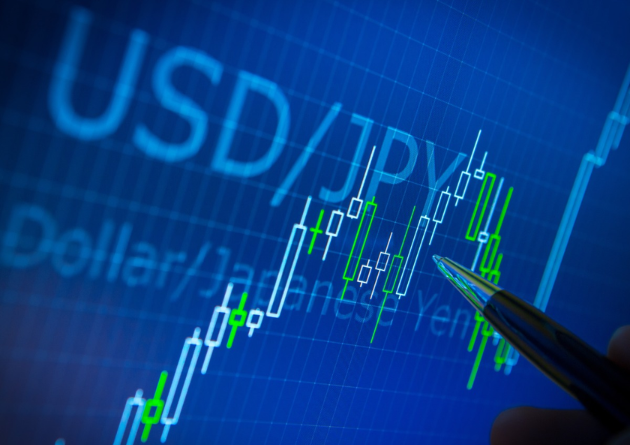Japanese Yen slips despite Tokyo CPI boost amid BoJ uncertainty
- rabeelrana

The Japanese Yen (JPY) gained limited support after stronger-than-expected Tokyo inflation data reignited hopes for a potential Bank of Japan (BoJ) rate hike. However, the currency struggled to maintain momentum and remained near its lowest level since February. The Tokyo Consumer Price Index (CPI) showed faster inflation growth, strengthening expectations for further BoJ tightening. Still, investors remained cautious due to uncertainty over the timing of the next rate move and concerns that Prime Minister Sanae Takaichi’s aggressive fiscal stimulus plans could delay any policy shift, capping the Yen’s gains.
Tokyo’s inflation data underscored persistent price pressures in Japan’s capital. Headline CPI rose to 2.8% year-on-year in October from 2.5% in September, while the core CPI, excluding fresh food, also climbed to 2.8%. Moreover, the core-core index—which strips out both food and energy—remained steady at 2.8%, marking over three years above the BoJ’s 2% target. These figures reinforced the argument for gradual policy normalization, providing modest intraday support to the JPY.
Nevertheless, the BoJ decided to maintain its ultra-loose monetary stance at Thursday’s policy meeting, keeping interest rates unchanged. Two board members, Naoki Tamura and Hajime Takata, voted for a hike to 0.75%, signaling growing internal divisions. Governor Kazuo Ueda emphasized that the bank has “no preset schedule” for future hikes, suggesting a cautious, data-driven approach. Meanwhile, the government’s pro-stimulus position under Prime Minister Takaichi could justify a delay in policy tightening, adding further downward pressure on the Yen.
Globally, the US Dollar (USD) continues to draw support from the Federal Reserve’s hawkish tone. Although the Fed cut rates for the second time this year to 3.75%-4%, Chair Jerome Powell stressed that another cut in December is “not a foregone conclusion,” tempering market expectations for further easing. The statement propelled the USD to its highest level since August, lifting USD/JPY to an eight-month peak. However, ongoing US government shutdown concerns and speculation of potential Japanese intervention to stabilize the Yen are keeping the pair in a consolidation phase, as traders await fresh cues from upcoming Fed commentary.
